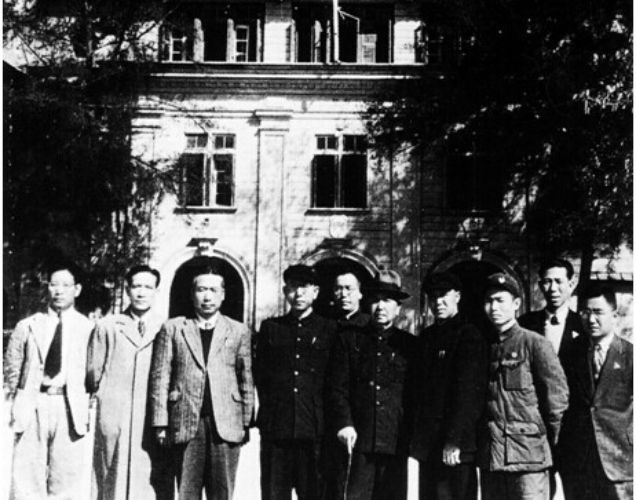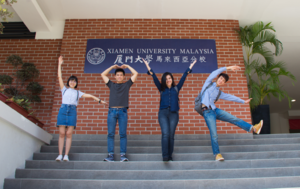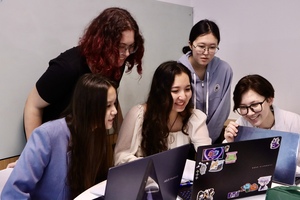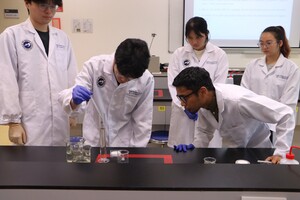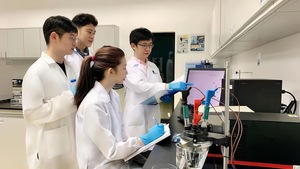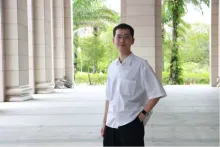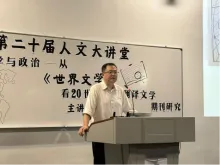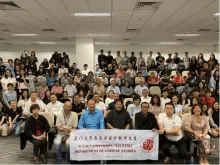Meet Our New Faculty Members!丨Dr. Koh Chong Wah Unearths History from Folklores
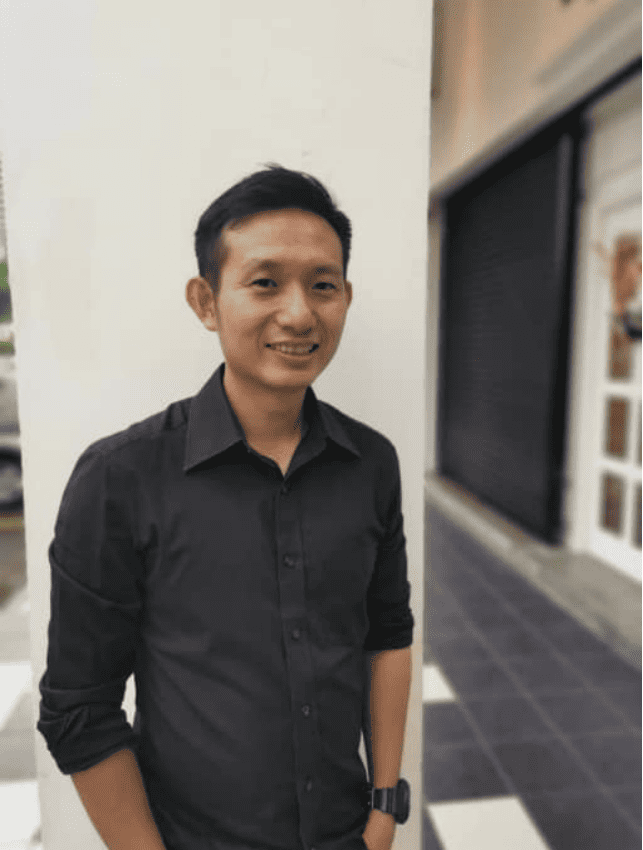
After receiving his PhD degree in History from Xiamen University, Dr. Koh Chong Wah returned to his home country and joined Xiamen University Malaysia as an Assistant Professor in Chinese Studies.
Dr. Koh Chong Wah was born in a Malaysian Chinese family. With a bachelor’s degree in history from Taiwan University, he furthered his study at the National Institute of Education, Singapore and taught at a local high school for seven years. After that, he went to China, proceeding to obtain his master's degree and PhD degree from Zhejiang University and Xiamen University, respectively.
"History, as a subject that keeps pace with the times, requires researchers to keep attentive to the latest research results,” said Dr. Koh Chong Wah, “Otherwise you will find yourself lagging behind.
Dr. Koh Chong Wah believed that history teaching should not be limited to textbooks - The latest archaeological research results, historical materials and unearthed cultural relics have all been utilized to present a truer picture to students.
He also places special emphasis on developing students' critical thinking abilities and encourages students to finish coursework in different ways.
“They can even produce short stories or biographies based on historical facts,” Dr. Koh Chong Wah said with a smile.
Dr. Koh Chong Wah’s unique teaching methods relate to his past experience. When studying for his master's degree, Dr. Koh Chong Wah chose Princess Hang Li Poh as his research topic. Legend has it that the princess was sent by the court of the Ming Dynasty to Southeast Asia as a bride, which is widely known in the folk and recorded in Malay Chronicle, a book on the history of Malacca. However, no record of the event can be found in Chinese historical materials.
It aroused his interest. He then found many similar stories about Chinese princesses in Southeast Asia, all widely known among the locals but not recorded in the official history of China.
During his postgraduate study, Dr. Koh Chong Wah made in-depth research on this topic. He has collected a total of ten stories about the princesses, studying where they came from, why they were accepted by the locals, and how they went down in history.
Dr. Koh Chong Wah believes that there is an inextricable link between folklore and history. As the basis and sources of the latter, historical events have been mingled with fictional and mythical plots through generations of oral narratives, thus evolving into today’s popular unofficial histories and legends. Therefore, to study history, it is essential to approach folklore, peeling off the fictional elements and reproducing the most authentic historical parts.
This research method originated from the Doubting Antiquity School, which was founded by Mr. Gu Jiegang after the New Culture Movement. Following Gu Jiegang’s research on the story of Lady Mengjiang, Dr. Koh Chong Wah tried to study the stories of Chinese princesses that spread in specific areas of Southeast Asia and restore the essence of these stories.
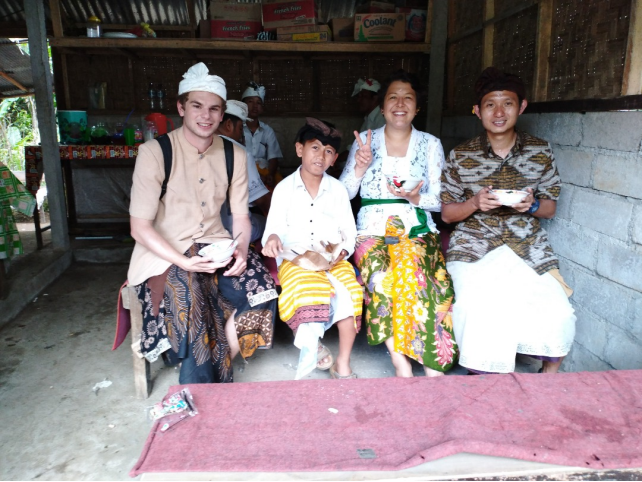
Dr. Koh Chong Wah celebrated Hari Raya Galungan at Bali.
He also did field research in Jakarta, Cirebon and Kota Semarang, exploring the significance and impact of the legendary stories on the local society, the reason why the local people accepted the story, as well as how the story of the Chinese princess integrated into their historical memory, so as to provide a reasonable explanation for this unique phenomenon in Southeast Asia in professional terms.
In the future, Dr. Koh Chong Wah will join the research on “The Wangchuan ceremony”, a folk event to pray for peace and repel disaster. An intangible cultural heritage jointly applied by China and Malaysia, there’s a lack of research on its historical background. Dr. Koh Chong Wah hopes to fill the gap, breathing new life into historical studies.

